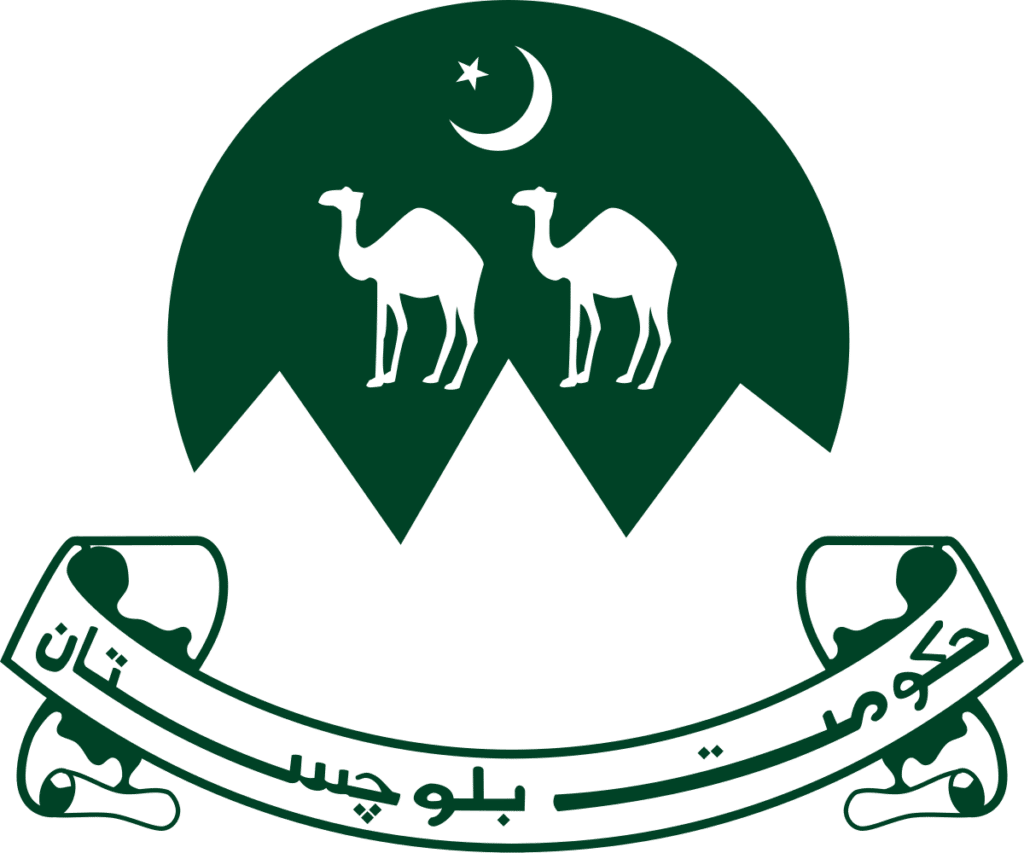QUETTA: In a significant move towards modernizing its fiscal policies, the Government of Balochistan has initiated a formal process to integrate Climate Budget Tagging (CBT) and Gender Budget Tagging (GBT) into its financial systems. The step is aimed at ensuring that public funds are allocated and tracked in a manner that addresses environmental challenges and promotes gender equality.
The initiative was advanced during a detailed meeting between a high-level delegation from the Balochistan Finance Department and a team from the Research and Development Solutions (REMIT) consultancy. The provincial delegation was led by Special Secretary Finance, Muhammad Jahangir Kakar, while the REMIT team was headed by its Macro-Economy Lead, Musharraf Rasool Siyan, and former Additional Secretary of the Finance Division, Tanzeer Butt.
During the session, the REMIT experts provided a comprehensive briefing on established federal and provincial practices, drawing on the successful implementation of similar frameworks in Khyber Pakhtunkhwa and Sindh. The presentation covered budget structures, defined climate categories, and detailed the technical process of integrating tagging codes within the provincial SAP financial system.
As a key outcome of the meeting, it was decided that the Balochistan Finance Department would share its existing budget guidelines, forms, and templates with the REMIT team. This will allow for a tailored alignment of the provincial budgeting process with the requirements of climate and gender tagging. Furthermore, to ensure effective implementation, REMIT will conduct specialized capacity-building sessions for key finance officials, including Chief Finance Officers, Additional Secretaries, and Section Officers.
Special Secretary Muhammad Jahangir Kakar affirmed the government’s commitment, stating, “The Government of Balochistan is fully committed to fiscal discipline, sustainable development, and inclusive planning. Implementing climate and gender budget tagging will mark a major step forward in achieving these goals.” This reform is expected to bring greater transparency and purpose to public spending in the province.
Meanwhile the Balochistan Food Authority (BFA) has intensified its campaign against the sale of unhygienic and substandard meat in Quetta and its surrounding areas.
During a special drive, food safety teams inspected a total of 41 meat shops. The operation led to fines for 22 butchers who were found violating hygiene and meat storage regulations.





